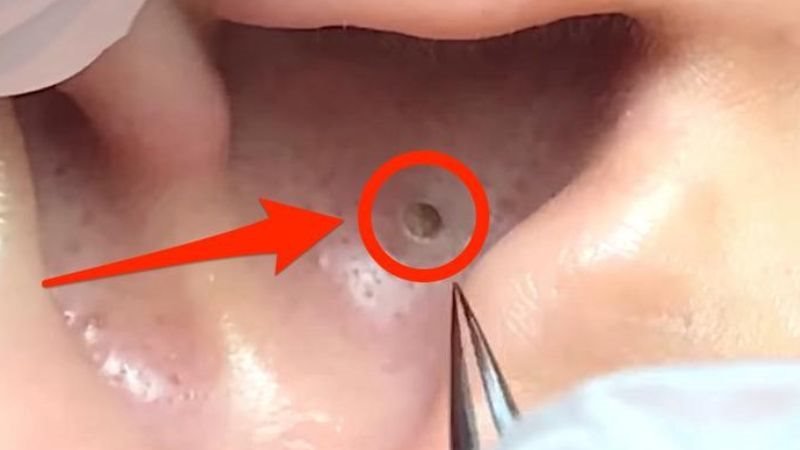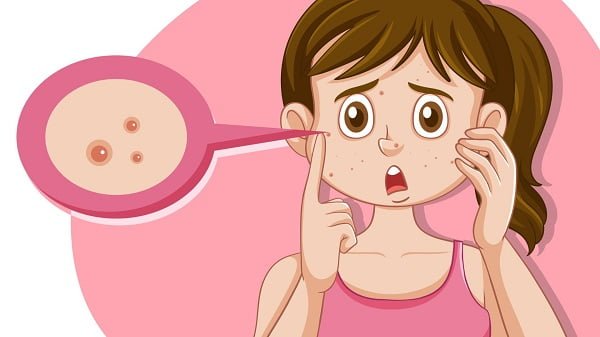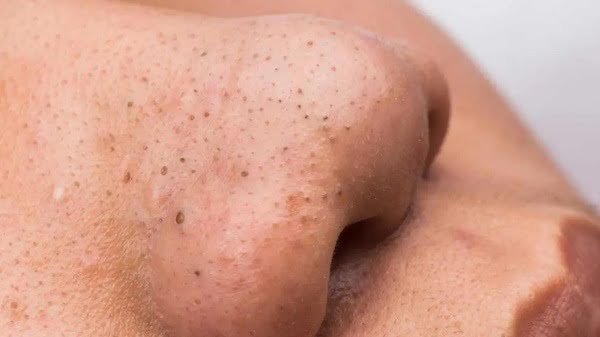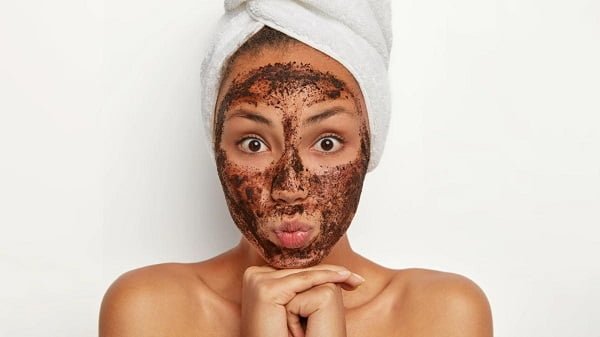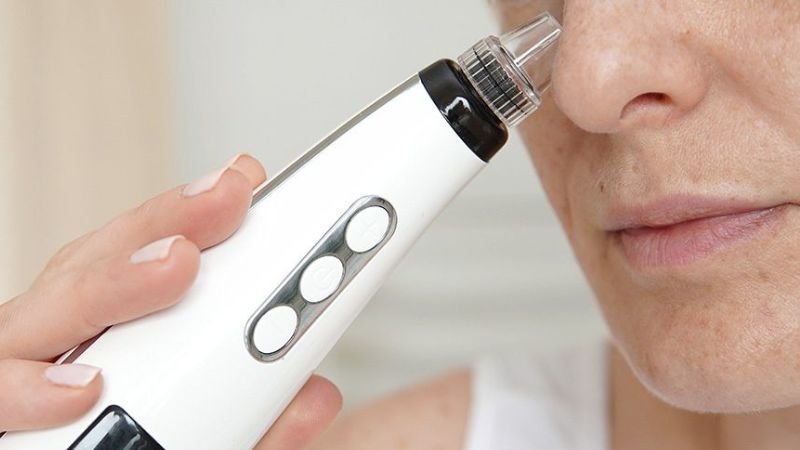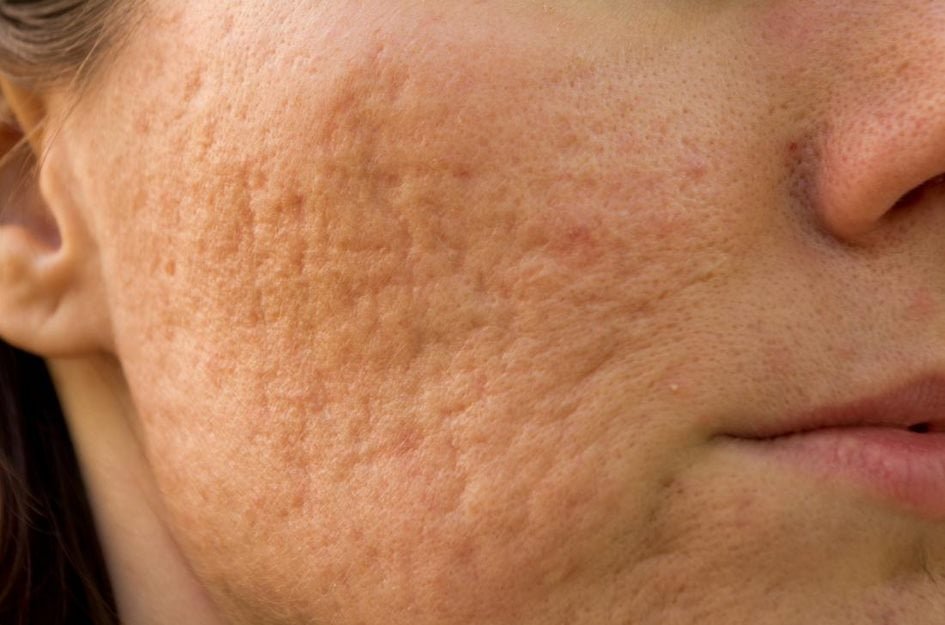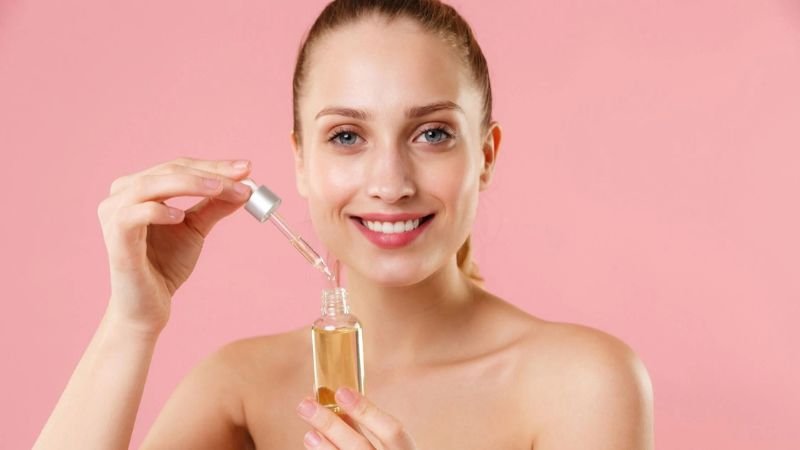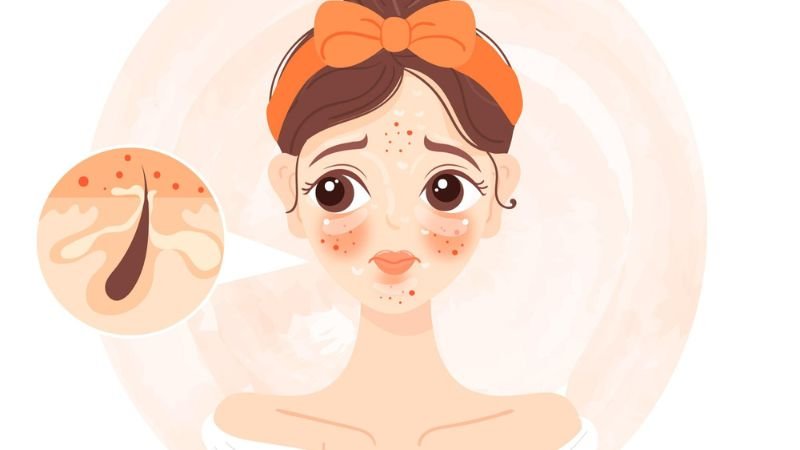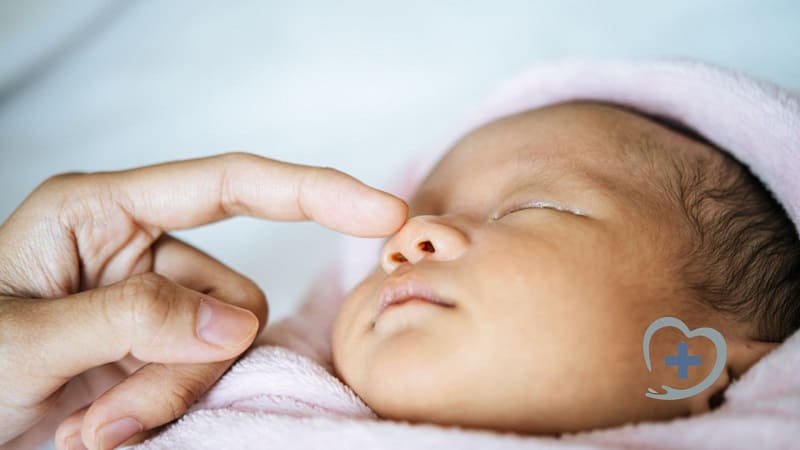Introduction
Blackheads, those tiny yet persistent nuisances, can pop up in the most unexpected places, including the ears. While they may not be as noticeable as those on the face, blackheads in the ear can still be bothersome and even painful at times. Understanding what causes them can help in prevention and treatment. Let’s delve into the depths of this aural mystery.
Causes of blackheads in ear
- Excess Sebum Production: Just like blackheads on the face, those in the ear can result from excess sebum production. Sebum is an oily substance produced by the sebaceous glands to lubricate the skin and hair. When there’s an overproduction of sebum, it can mix with dead skin cells and block the pores, leading to the formation of blackheads.
- Poor Hygiene: Neglecting to clean the ears regularly can also contribute to the formation of blackheads. Dead skin cells, dirt, and bacteria can accumulate in the ear canal, clogging the pores and resulting in blackheads. Using dirty earbuds or frequently touching the ears with dirty hands can exacerbate the problem.
- Cosmetics and Hair Products: Hair products like hair sprays, gels, and waxes can find their way into the ears, especially if you have long hair or tend to tuck it behind your ears. These products can contain ingredients that clog pores and contribute to blackhead formation. Similarly, using oily or comedogenic cosmetics around the ear area can also lead to blackheads.
- Sweat and Humidity: The ears, being tucked away and often covered by hair, can become hot and sweaty, especially during physical activity or in humid environments. Sweat mixed with dead skin cells and bacteria can create an ideal environment for blackheads to form.
- Hormonal Changes: Fluctuations in hormone levels, particularly during puberty, menstruation, pregnancy, or menopause, can trigger an increase in sebum production, making blackheads more likely to occur not only on the face but also in areas like the ears.
- Genetics: Some individuals may be genetically predisposed to having larger pores or producing more sebum, making them more prone to blackheads not only on the face but also in the ears.
- Exfoliation: Gentle exfoliation can help remove dead skin cells and prevent pore blockage. However, it’s important to be cautious when exfoliating the delicate skin of the ears to avoid irritation or injury.
- Steam Treatment: Steam can help open up pores and loosen debris, making it easier to remove blackheads. You can try steam treatments at home by placing your head over a bowl of hot water with a towel draped over your head to trap the steam.
- Use of Topical Treatments: Over-the-counter topical treatments containing ingredients like salicylic acid or benzoyl peroxide can help unclog pores and reduce the occurrence of blackheads. However, it’s essential to use these products as directed and be mindful of any potential irritation.
- Professional Extraction: In some cases, stubborn blackheads may require professional extraction by a dermatologist. They have the expertise and tools to safely remove blackheads without causing damage to the skin.
- Avoiding Ear Irritants: Certain irritants like cigarette smoke or environmental pollutants can aggravate the skin in the ear area and contribute to blackhead formation. Avoiding exposure to these irritants can help maintain clear skin.
- Dietary Considerations: While the direct link between diet and blackheads is not well-established, some individuals may find that certain foods exacerbate their skin condition. Maintaining a balanced diet rich in fruits, vegetables, and whole grains, and avoiding excessive consumption of greasy or sugary foods may help improve overall skin health.
- Hydration: Drinking an adequate amount of water helps keep the skin hydrated and promotes the removal of toxins from the body, which can indirectly benefit skin health and reduce blackhead formation.
- Sun Protection: Protecting the skin from harmful UV rays by wearing sunscreen or covering the ears with a hat can help prevent damage and inflammation that may exacerbate blackheads.
Preventing blackheads in ear
- Practice Good Hygiene: Clean your ears regularly with gentle cleansers and avoid using cotton swabs too deeply, as they can push wax and debris further into the ear canal.
- Avoid Using Cosmetics and Hair Products Around the Ears: If possible, try to keep hair products away from the ear area, and opt for non-comedogenic cosmetics to reduce the risk of pore blockage.
- Manage Hormonal Changes: While hormonal fluctuations are often unavoidable, maintaining a healthy lifestyle and managing stress levels can help keep hormone levels in check.
- Seek Professional Help: If blackheads in the ear become a persistent problem or are accompanied by pain or inflammation, it’s best to consult a dermatologist. They can provide personalized advice and treatment options tailored to your specific needs.
Conclusion
While blackheads in the ear may be a pesky annoyance, understanding their causes and taking preventive measures can go a long way in keeping them at bay. By practicing good hygiene, avoiding pore-clogging products, and addressing any underlying hormonal issues, you can help keep your ears clear and blackhead-free.
FAQs related to "What Causes Blackheads in ear"
Yes, blackheads in the ear are essentially the same as those found on the face. They occur when pores become clogged with excess oil (sebum) and dead skin cells, creating a small, dark bump known as a blackhead.
Yes, wearing headphones or earbuds for extended periods can contribute to the accumulation of sweat, dirt, and oil in the ear canal, potentially leading to blackhead formation. It’s essential to clean headphones regularly and avoid sharing them to minimize the risk.
Preventing blackheads in the ears involves practicing good hygiene, avoiding pore-clogging cosmetics and hair products, managing hormonal changes, and seeking professional advice if needed. Regularly cleaning the ears with gentle cleansers and avoiding inserting objects like cotton swabs too deeply can also help prevent blackheads.
Yes, several home remedies can help treat blackheads in the ear, including steam treatments to open up pores, gentle exfoliation to remove dead skin cells, and the use of topical treatments containing ingredients like salicylic acid or benzoyl peroxide. However, it’s essential to use these remedies cautiously and discontinue use if any irritation occurs.
While blackheads themselves typically do not cause hearing problems, severe or untreated cases of blackheads in the ear may lead to inflammation or infection, which could potentially affect hearing. It’s essential to seek medical attention if you experience pain, swelling, or any changes in hearing associated with blackheads in the ear.
Not necessarily. While poor hygiene can contribute to blackhead formation, other factors such as excess sebum production, hormonal changes, and genetic predisposition can also play a role. Practicing good hygiene, including regular ear cleaning, can help prevent blackheads, but they can still occur despite maintaining good hygiene practices
It’s generally not recommended to squeeze or pop blackheads in the ear yourself, as this can lead to skin irritation, infection, or even damage to the delicate structures of the ear canal. Professional extraction by a dermatologist is a safer option for removing stubborn blackheads.
No, blackheads themselves are not contagious. They result from the accumulation of oil, dead skin cells, and bacteria within the pores and are not caused by a contagious agent. However, sharing personal items like headphones or earbuds can potentially transfer bacteria and contribute to blackhead formation.

